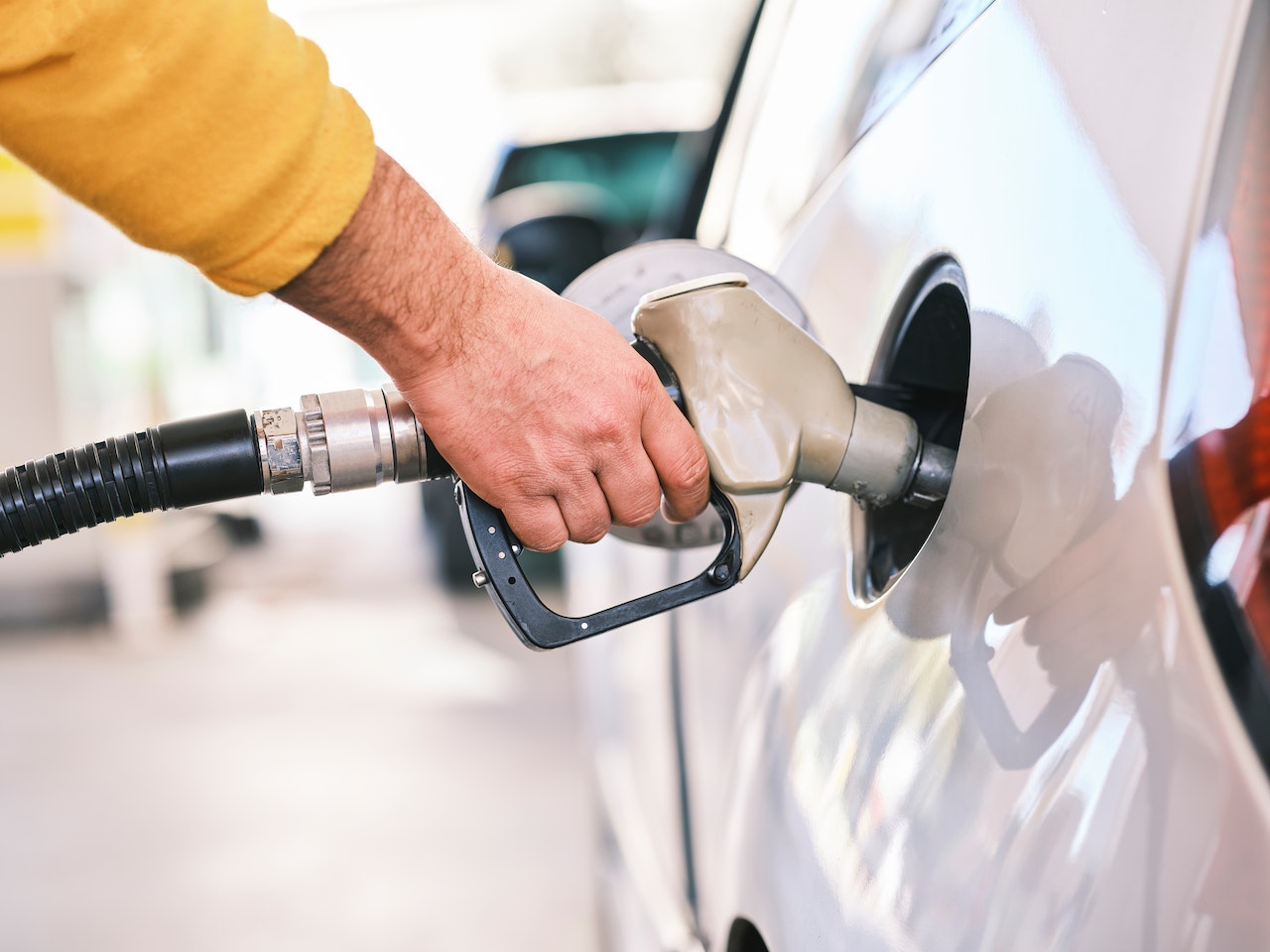Economy cars have become increasingly popular in the automotive industry in recent years. With rising fuel prices and growing concerns about the environment, more and more people are turning to these small, fuel-efficient vehicles as a practical and cost-effective transportation option.
Car Credit has many economy cars in its 4 Tampa Bay locations. Before making a purchase decision, we encourage you to consider what exactly an economy car is and the advantages and disadvantages of owning one. There are a wide range of factors to consider before coming to a final decision.
The Definition of an Economy Car
An economy car is a small, compact vehicle that is designed to be affordable and fuel-efficient. These cars are typically lightweight and have smaller engines, which allows them to consume less fuel compared to larger vehicles. They are also known for their compact size, making them easy to maneuver and park in crowded urban areas. Economy cars are often characterized by their simple design and minimalistic features, focusing on functionality rather than luxury.

The Relationship Between Fuel Efficiency and Economy Cars
Fuel efficiency is a defining feature of economy cars. These vehicles are designed to maximize fuel economy by using lightweight materials, aerodynamic designs, and efficient engines. The smaller size of economy cars also contributes to their fuel efficiency, as they require less energy to move compared to larger vehicles. Additionally, many economy cars are equipped with advanced technologies such as start-stop systems and regenerative braking, which further improve fuel efficiency.
The Advantages of Owning an Economy Car
There are many benefits to owning an economy car. One of the main advantages is cost savings. Economy cars are generally more affordable to purchase compared to larger vehicles, and they also tend to have lower maintenance and insurance costs. Additionally, their fuel efficiency allows owners to save money on fuel expenses in the long run. Another advantage of owning an economy car is its positive environmental impact. These vehicles emit fewer greenhouse gases and consume less fossil fuel, making them a greener choice for environmentally conscious drivers.
The Disadvantages of Owning an Economy Car
While there are many advantages to owning an economy car, there are also some drawbacks to consider. One of the main disadvantages is limited space. Economy cars are typically smaller in size, which means they have less interior space for passengers and cargo. This can be a challenge for individuals who require more room or frequently travel with a lot of belongings. Another disadvantage is the performance of economy cars. Due to their smaller engines, these vehicles may not have the same acceleration and power as larger cars. This can be a concern for drivers who prioritize speed and performance in their driving experience.
The Impact of Driving Habits on Fuel Efficiency
Driving habits play a significant role in the fuel efficiency of any vehicle, including economy cars. Aggressive driving behaviors such as rapid acceleration, hard braking, and excessive speeding can significantly decrease fuel efficiency. On the other hand, adopting fuel-efficient driving habits such as maintaining a steady speed, avoiding unnecessary idling, and using cruise control can help improve fuel economy. Regular vehicle maintenance such as keeping tires properly inflated and getting regular tune-ups can also contribute to better fuel efficiency.
The Role of Technology in Improving Fuel Efficiency
Technology has played a crucial role in improving fuel efficiency in economy cars. Automakers have been continuously developing and implementing advanced technologies to maximize fuel economy. Some of these technologies include start-stop systems, which automatically shut off the engine when the vehicle is idle, and regenerative braking, which captures and stores energy that is typically lost during braking. Additionally, hybrid and electric technologies have become increasingly popular in economy cars, offering even higher levels of fuel efficiency and reduced emissions.
The Comparison of Economy Cars to Other Vehicle Types
When comparing economy cars to other vehicle types, such as mid-size and luxury cars, there are some important factors to consider. Economy cars excel in fuel efficiency and affordability, making them a practical choice for individuals who prioritize cost savings and environmental impact. However, they may lack the space and performance capabilities of larger vehicles. Mid-size cars offer a balance between fuel efficiency and space, making them a popular choice for families who require more room. Luxury cars, on the other hand, prioritize comfort and performance over fuel efficiency, making them a suitable option for those who value luxury and high-end features.
The Future of Economy Cars and Fuel Efficiency
The future of economy cars looks promising in terms of fuel efficiency. As technology continues to advance, the auto industry constantly finds new ways to improve fuel economy in their vehicles. This includes the development of more efficient engines, lightweight materials, and aerodynamic designs. The rise of electric and hybrid technologies is expected to further enhance fuel efficiency in economy cars. With increasing concerns about climate change and the need for sustainable transportation options, it is likely that economy cars will continue to evolve and become even more fuel-efficient in the future.
At Car Credit, our friendly, knowledgeable, bilingual associates can help you weigh the pros and cons of an economy vehicle. Visit any of our convenient Tampa Bay locations and see why we say that Car Credit should be your first stop on the Road to the American Dream.

